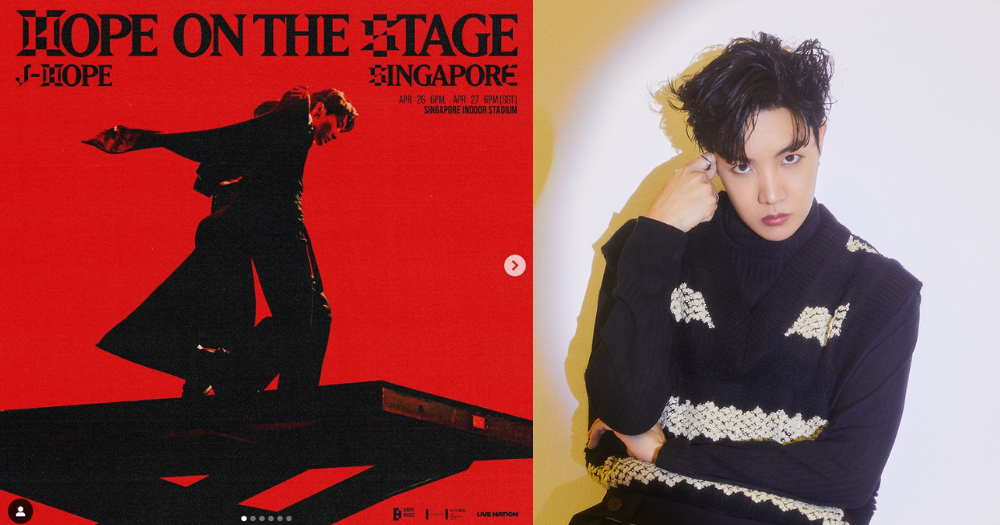
Main opposition Democratic Party of Korea (DPK) Chairman Rep. Lee Jae-myung, second from right, hosts the party's supreme council meeting at the National Assembly in Yeouido, Seoul, Monday. Yonhap Korea's exports to stagnate in 2025 amid depressed consumer spending By Yi Whan-woo Korea is facing growing calls for a supplementary budget to prop up its sagging economy as the escalating global trade war ignited by U.
S. President Donald Trump’s hostile tariff policies against trading partners will likely put a dent in its exports, economists and scholars said Tuesday. The country's lackluster private spending has so far been the biggest reason concerning demands for the government to allocate extra budget in addition to its regular 673.

3 trillion won ($460.97 billion) budget for 2025. Now, Trump’s tariff war and the risks they pose to Korea’s exports are heightening calls for a supplementary budget.
According to the government and the central bank, the 2025 GDP growth is estimated to be lower than 2 percent, seen in times of economic crisis, such as the COVID-19 pandemic. Rep. Ahn Cheol-soo of the ruling People Power Party, fourth from right, speaks during a parilmentary discussion on Korea's competence in the artificial intelligence (AI) sector with regard to China's AI startup DeepSeek at the National Assembly in Yeouido, Seoul, Jan.
31. Yonhap Rep. Ahn Cheol-soo of the ruling People Power Party (PPP) asked on Monday that around 20 trillion won be allocated for a supplementary budget to bolster the artificial intelligence (AI) sector and improve people's livelihoods.
A global AI boom drove Korea’s outbound shipment of semiconductors, its key export item, to grow by 43.9 percent year-on-year to reach a record $141.9 billion in 2024.
Last year’s exports advanced 8.2 percent year-on-year and set a new annual high of $683.8 billion.
Such an upward trend, however, may lose momentum this year, as outbound shipment shed 10.3 percent year-on-year to $49.1 billion in January, snapping a 15-month winning streak.
The fall was attributed to a reduced number of business days from the extended Lunar New Year holiday, according to the Ministry of Trade, Industry and Energy. But a civic activist disagreed, saying such a fall “may be a prelude to a slowdown in exports as the entire economy does.” “To prevent such unwanted outcomes from happening, the political parties should come together to allocate extra budget as quickly as possible,” Jung Ho-chul of the Citizens’ Coalition for Economic Justice said.
US tariffs on Chinese imports take effect after Trump reprieves Canada and Mexico 2025-02-04 14:28 | World But bipartisan discussion has made little progress as the PPP found proposals from the main opposition Democratic Party of Korea (DPK) populist, as opposed to the government’s belt-tightening fiscal policy. Among the proposals were 250,000 won cash handouts for every Korean national and special gift vouchers to revitalize local economies. The DPK asked the PPP to open a three-way consultative meeting involving the government and discuss ways for the extra budget.
As a condition to hold the meeting, the opposition party even backed away from its proposal of a cash handout in line with the PPP's stance. “We ask the ruling party to fully cooperate for the meeting to take place, and show its sincerity toward revitalizing the economy,” the DPK said. Shin Yul, a political science professor at Myongji University, said, “Showing commitment to tackle dull domestic consumption is crucial for the parties to woo voters in a possible early presidential election.
” The professor referred to President Yoon Suk Yeol’s impeachment in December and the Constitutional Court’s review on whether to uphold impeachment or reinstate him. The Constitutional Court Act stipulates that the court make a decision within six months after receiving a case. The professor also cited retail sales that fell at the steepest pace in 21 years.
According to Statistics Korea, retail sales decreased 2.2 percent year-on-year in 2024, marking the largest drop since 2003. Back then, the figure was at 3.
2 percent year-on-year. The downward trend has continued for three consecutive years, following a 0.3 percent drop in 2022 and a 1.
4 percent decline in 2023. Lower demands for durable and nondurable goods, particularly food, were behind sluggish retail sales, coupled with the high cost of living. Meanwhile, the government said it may consider allocating a supplementary budget, depending on the country's economic performance in the first quarter of this year.
Speaking at a weekly Cabinet meeting on Tuesday, acting President Choi Sang-mok said he hopes to see the DPK-proposed three-way meeting realized..











